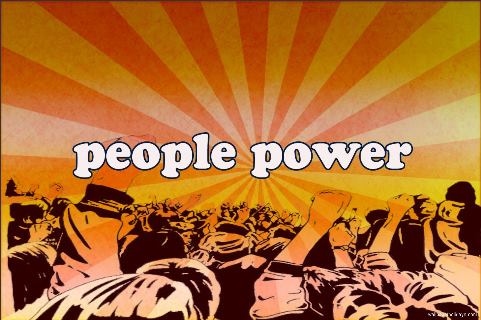 Balcombe hit the headlines again this week: not because of the Sauron-like threat of evil Cuadrilla, but because plucky locals in the village have started their own community energy scheme: REPOWERBalcombe.
Balcombe hit the headlines again this week: not because of the Sauron-like threat of evil Cuadrilla, but because plucky locals in the village have started their own community energy scheme: REPOWERBalcombe.
Indeed, REPOWERBalcombe is one of 15 energy coops launched recently across Sussex. Under the mentoring of Community Energy South, these community groups are now being up-skilled by the team at OVESCO in Lewes, ready for launches in the next 12 months or so.
It’s surely supremely ironic that the threat of fracking in East and West Sussex – where thousands of wells are required to fulfill frack companies’ promises to shareholders – is causing a surge in interest in its alternative. And while the anti-fracking movement grows in strength, community energy also grows as a positive alternative.
Being involved in both camps, it’s interesting to see how anti-fracking is seeding this potential:
-
- Resistance to fracking has boosted community spirit in areas affected. It’s an old maxim that people tend to unite in the face of a threat; in the towns and village where frackers are intent on drilling, anti-fracking groups are some of the largest (and most active) organisations in each place. This provides fertile ground for similarly aligned groups, such as those supporting renewable energy.
-
- Anti-fracking requires an attention to detail that that – for many of us – would simply be too dull to contemplate a few years back. Comprehending the miasma of technical, regulatory, legal, and financial mechanisms involved in the oil and gas industry have all been fundamental to the fight against fracking – and blocking frackers uses much of this type of this industry-specific knowledge. The devil really is in the detail.
-
- These finely – honed skills are transferable onto something more positive. Community energy schemes require learning about organisational structures (usually Coops), working out how to raise money, dealing with lease agreements as well as the technical bits and pieces to do with generation equipment and grid connection. This kind of attention to detail reaps rewards when applied to this new form of renewable energy development.
-
- The new resistance to government-led programme of unconventional fossil fuels has revealed people power as an effective weapon. And grassroots action cuts both ways: it can resist, but it can also grow. A bottom up movement is rising: with models such as OVESCO in Lewes and Brighton Energy Coop, communities around Sussex (and beyond) can see that their their long-held frustrations over the lack of renewable energy might be sorted out via DIY. If you want something doing, you gotta do it yourself.
In Germany, nearly 50% of renewable energy is owned by individuals and community groups. More than 1000 coops help power the nations renewable energy transition. Many fossil fuel power stations have been shut down; renewable energy has simply out-competed them.
For the UK’s oil and gas industry, this is a worrying trend: have their fracking activities kicked over a hornets nest that threatens them with their own extinction?